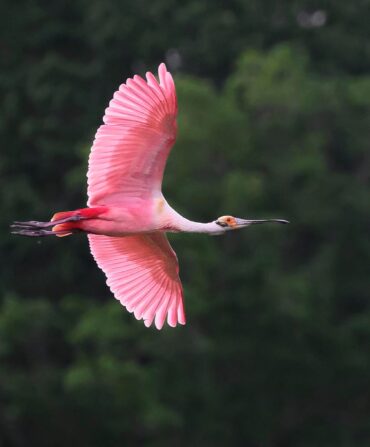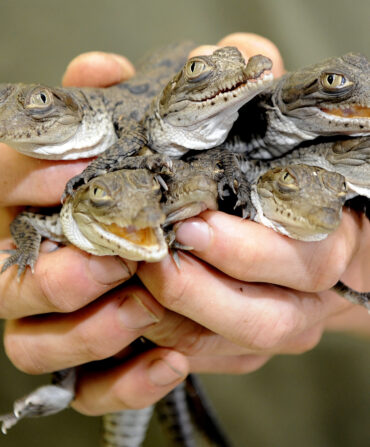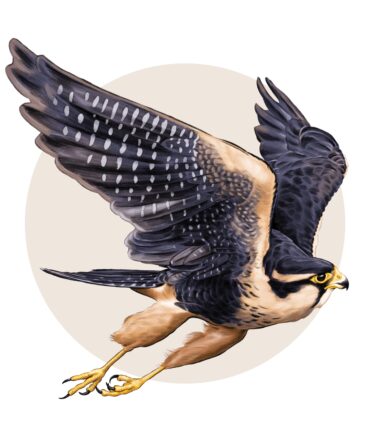In a homecoming 141 years in the making, a native animal is returning to the Mountain State: Elk. “We have been looking into this since the early 2000s,” says Randall Kelly, a wildlife biologist for the West Virginia Division of Natural Resources and headman for “all things elk.” Multiple surveys and public meetings made it clear that the people of West Virginia wanted elk back for their contribution to the state’s wildlife and economy. “People just love to see them and hear the bulls bugle in the fall,” Kelly says. “Hunting applications and licenses can also be important to fund elk management, and local guiding outfits have started wherever hunting has been allowed.”

Under Governor Earl Ray Tomblin, an avid supporter of elk reintroduction, a plan came together to transport animals from the Land Between the Lakes National Recreation area in western Kentucky to the southern coalfields of West Virginia. Last month, a cow set that process in motion. Now “West Virginia One,” as she is known, and a handful of other Kentucky elk are poised to move into their new homelands in Logan County this week—the first phase of a plan to transplant around 200 elk over the next few years.

Photo: West Virginia DNR
Randall Kelly, right, works with other members of the West Virginia DNR to transport elk from Kentucky to their new home.
West Virginia’s not the first Southern state to bring elk back. In the 1990s, neighboring Kentucky established a herd. Then the Great Smoky Mountains National Park reintroduced more than fifty elk in the early 2000s. “Elk herd in Pennsylvania, North Carolina, Tennessee, and Kentucky have turned out to be very big tourist attractions,” Kelly says.

Elk are generally mild, sporting spots or shiny, coppery coats or velvety antlers depending on their age, gender, and the time of year. And despite the benefits these animals will bring, re-supplying them comes down to something else altogether in Kelly’s eyes: reparation. “The re-establishment of a once-native species that was eliminated by the actions of men,” he says, “is just cause.”







